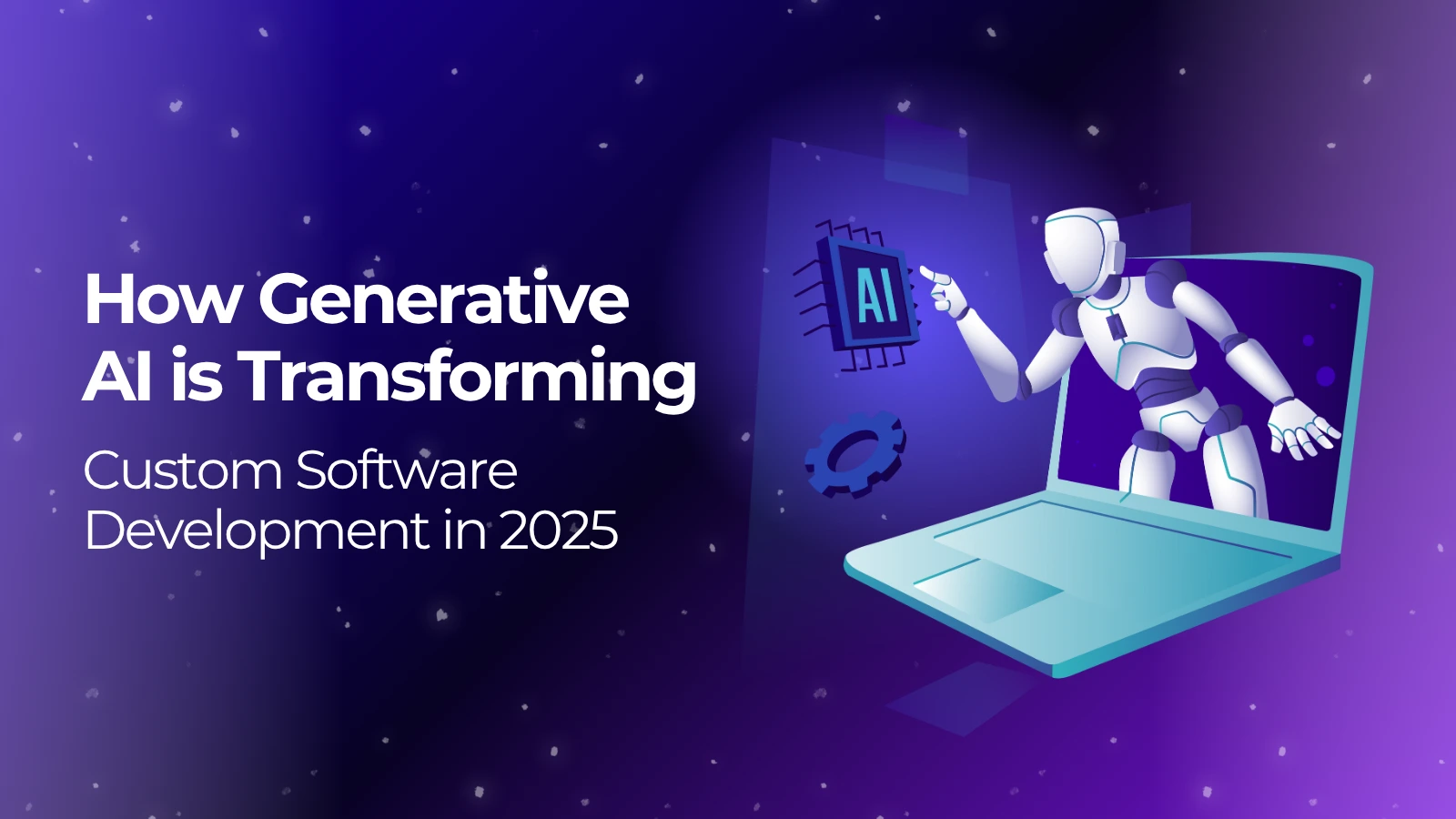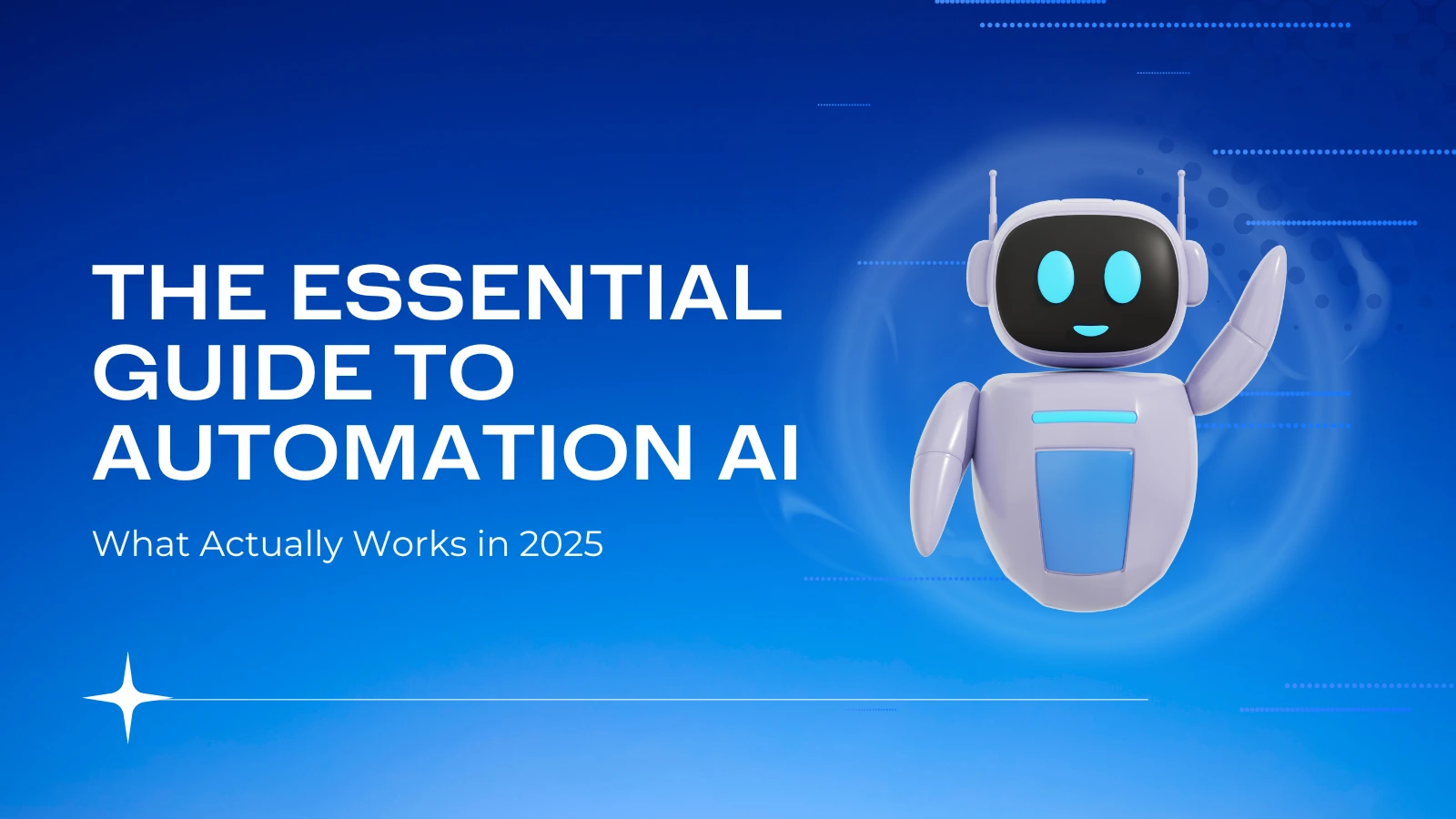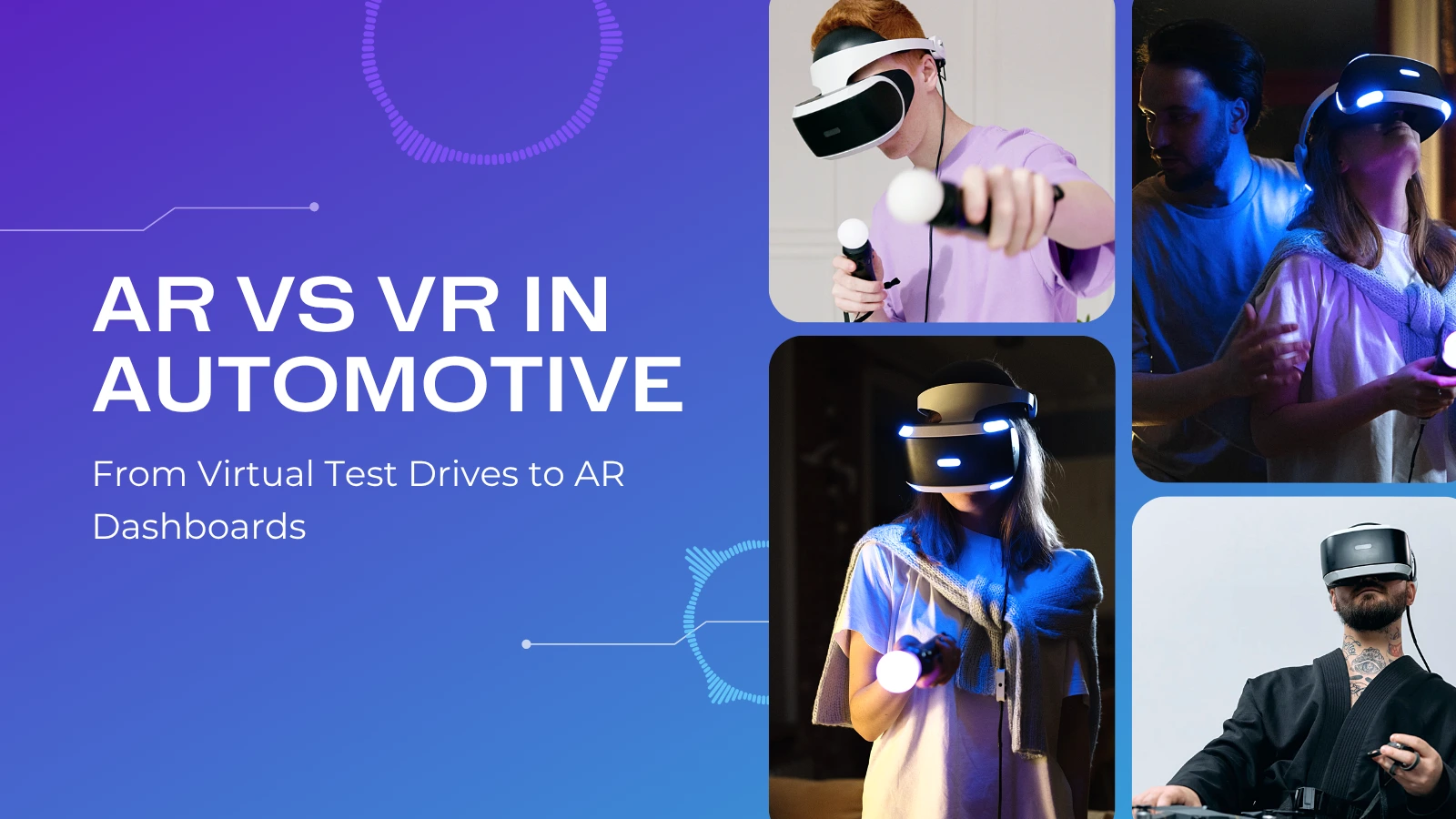Cryptocurrencies And The Future Of Money
What is cryptocurrency?
An advanced cash where exchanges are checked and records kept up with by a decentralized framework utilizing cryptography, rather than by a brought together power. Individual coin possession records are put away in an advanced record, which is a modernized information base utilizing solid cryptography to get exchange records, to control the production of extra coins, and to attest the exchanging of coin proprietorship. There is no such thing as digital currency in actual structure (like paper cash) and is ordinarily not given by a focal power. Cryptographic forms of money regularly utilize decentralized control instead of a national bank computerized cash. Whenever a digital currency is stamped or made preceding issuance or given by a solitary backer, it is for the most part thought to be brought together. When carried out with decentralized control, every digital money manages appropriated record innovation, commonly a blockchain, that fills in as a public monetary exchange data set.
What is CBDC (Central Bank Digital Currency)?
With an end goal to attest sway, numerous national banks, including the U.S. Central bank, are thinking about presenting their own advanced money, known as national bank computerized cash (CBDC). For advocates, CBDC guarantees the speed and different advantages of digital currency without the related dangers. Many nations together addressing in excess of 90% of the worldwide economy-are investigating CBDC. China is pushing forward rapidly: it introduced a computerized yuan in late 2019 that is presently utilized for billions of dollars of exchanges. In the United States, there is purportedly conflict among Fed authorities over the requirement for an advanced dollar. Specialists say interest in CBDC increased in 2019 when Facebook reported it would make its own advanced money called Libra, possibly offering another installment choice for its multiple billion clients. (The organization has since downsized the venture, renamed Diem.) China is another persuading factor: An advanced yuan could give Beijing significantly more command over its economy and residents, and undermine the U.S. dollar's status as the leaned toward global save money, specialists say.
One method for carrying out CBDC would be for residents to have accounts straightforwardly with the national bank [PDF]. This would give state run administrations strong better approaches for dealing with the economy-improvement installments and different advantages could be credited to individuals straightforwardly, for instance and the national bank's imprimatur would make CBDC a safe advanced resource for hold. Yet, their presentation could likewise make new issues, CFR's McIntosh and different specialists say, by unifying a huge measure of force, information, and chance inside a solitary bank and possibly compromising protection and network safety.
The architecture of the decentralized cryptocurrency depends on:
Blockchain: The legitimacy of every digital currency's coins is given by a blockchain. A blockchain is a reliably creating summary of records, called blocks, which are associated and gotten using cryptography. Each square ordinarily contains a hash pointer as a connection to a past square, a timestamp and exchange information. By plan, blockchains are naturally invulnerable to change of the data. It is "an open, scattered record that can record trades between two get-togethers capably and in an obvious and incredibly tough way". For use as a disseminated record, a blockchain is regularly overseen by a distributed organization altogether sticking to a convention for approving new squares. When recorded, the information in some random square can't be changed retroactively without the modification of every single resulting block, which requires a plot of the organization's larger part.
Hubs: In the realm of digital currency, a hub is a PC that interfaces with a cryptographic money organization. The hub upholds the applicable digital currency's organization through either; handing-off exchanges, approval or facilitating a duplicate of the blockchain. As far as transferring exchanges each organization PC (hub) has a duplicate of the blockchain of the cryptographic money it upholds, when an exchange is made the hub making the exchange communicates subtleties of the exchange utilizing encryption to different hubs all through the hub network with the goal that the exchange (and each and every other exchange) is known.
Mining: In digital currency organizations, mining is an approval of exchanges. For this work, fruitful diggers get new cryptographic money as a prize. The prize reductions exchange charges by making a correlative motivation to add to the handling force of the organization. The speed of creating hashes, which support any trade, has been extended by the usage of explicit machines, for instance, FPGAs and ASICs running complex hashing estimations like SHA-256 and scrypt. This weapons contest for less expensive yet-effective machines has existed since the principal digital currency, bitcoin, was presented in 2009.
Wallets: A digital currency wallet stores the general population and private "keys" (address) or seed which can be utilized to get or spend the cryptographic money. With the private key, it is feasible to write in the public record, successfully spending the related digital currency. With the public key, it is feasible for others to send cash to the wallet. There exist different strategies for putting away keys or seed in a wallet from using paper wallets which are standard public, private or seed keys formed on paper to using hardware wallets which are submitted gear to securely store your wallet information, using an automated wallet which is a PC with an item working with your wallet information, working with your wallet utilizing a trade where cryptographic money is exchanged.
Cryptographic money will disturb each business, and computerized monetary standards will drive new organization model development, speeding up and scaling business results at exceptional levels. This transformation could be either an air pocket or the beginning of a monetary realignment. Consequently, financial backers are mindfully bullish on the outcome of blockchain, which is digital money's weighty innovation.
Real-Life Application and the Way Forward
The transition to cryptocurrencies isn't only taking place in tech communities or finance centers—it's beginning to trickle into everyday existence. From coffee shops in neighborhood communities taking Bitcoin transactions to artists creating NFTs and farmers in emerging economies utilizing blockchain to monitor supply chains, the technology is being put to the test in real life in unexpectedly practical uses.
We're also witnessing a huge wave of crypto adoption in mainstream finance. Large institutions such as JPMorgan, Fidelity, and BlackRock are testing the waters in digital assets—some even selling crypto products to customers. It's a clear indication: what was a risky alternative is now being regarded as a potentially lasting component of the global economy.
But it's not all sunshine. Volatility is still the bugbear of the crypto space. Prices can change wildly in the course of an overnight, driven by anything from regulatory announcements to celebrity tweets. And let's not forget the energy cost of proof-of-work mining, which is a huge issue. But it is also driving innovation—networks such as Ethereum are moving to proof-of-stake, which slashes energy use by orders of magnitude.
And then there's the issue of regulation. Governments everywhere are realizing that crypto is not going anywhere. Some are closing their doors, but others are setting up frameworks to allow responsible innovation. What we're going to have is a hybrid future: decentralized finance platforms and regulated digital currencies such as CBDCs, offering choice and flexibility to users.
For most, that means more control over their finances. No intermediaries. No waiting days for foreign payments. Think sending money to a friend overseas in seconds, with almost no fees. That's not a fantasy—it's already a reality. But we are in the initial stages. Education, infrastructure, and self-confidence must catch up. But just as the internet began slowly and then went on to change the world, cryptocurrencies and blockchain may be following the same path.
Whether you're an investor, an entrepreneur, or simply a curious bystander, it's worth paying close attention. Because the future of money isn't arriving it's already being built, block by block.
Subscribe Now
Get the weekly updates on the newest brand stories, business models and technology right in your inbox.
More Blogs
How Generative AI is Transforming Custom Software Development in 2025
The custom software development landscape is being revolutionized with the advent of Generative AI. With enterprises focusing on optimizing their operations and speeding up innovation compared to their peers, Generative AI has become a...
The Essential Guide to Automation AI: What Actually Works in 2025
AI Automation has demonstrably reshaped the workings of businesses by processing data and completing repetitive tasks faster and more efficiently than human workers. To illustrate, AI systems can now examine vast amounts of data, simul...
AR vs VR in Automotive_ From Virtual Test Drives to AR Dashboards
The automotive industry has experienced transformative changes in the recent years, all thanks to breakthroughs in immersive technology. The most notable changes are due to Augmented Reality (AR) and Virtual Reality (VR). The debate of...

 Awards & Recognition
Awards & Recognition







